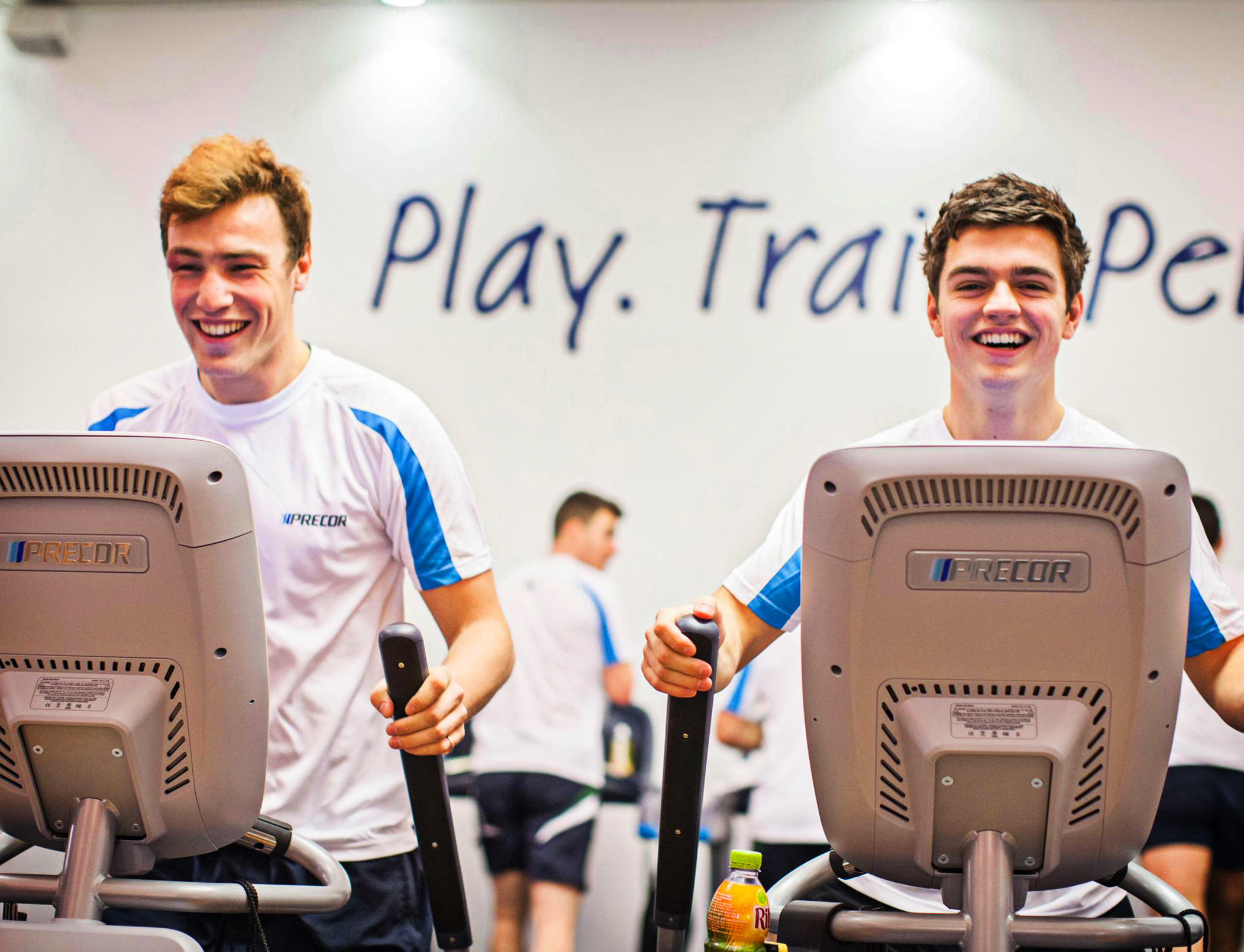Many gym members will already be using the facilities and programmes offered by our industry to look after their mental health. Endurance sports such as triathlon, marathon running and long distance swimming frequently appeal to people who have found that the best way to maintain their mental equilibrium is to immerse themselves in training for a tough sport.
However, there are so many more people out there who could greatly benefit from exercise to help with their anxiety, depression, bereavement, body image or eating disorders, or maybe a one-off stress like a relationship break-up, but who aren’t coming to clubs for any number of reasons.
Despite mental illness impacting 25 per cent of the population, from all walks of life, there still remains a stigma around the subject. This means the people who need help sometimes stay in denial or can’t find the motivation to enter a health club.
As an operator, how can you reach out to them and make sure you and your team are equipped to offer them a positive experience that helps them manage, or even overcome, their symptoms?
According to Richard Holmes, director of wellbeing at Westfield Health, an increasing number of GPs are now using exercise as the first intervention for some mental health issues, before prescribing medication. So it’s likely that there will be more referrals. However, there are many ways the industry can quietly reach out to this cohort, as well as retaining members who develop difficulties. We explore this important subject.




























































